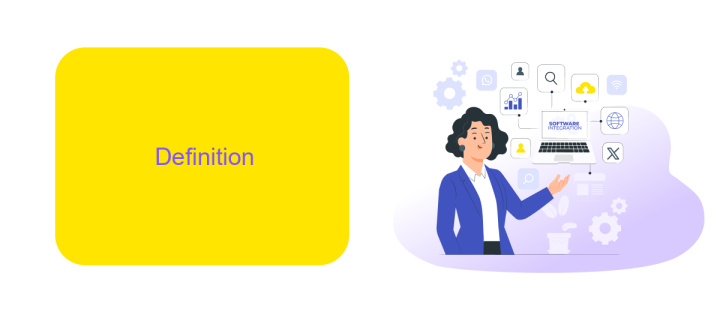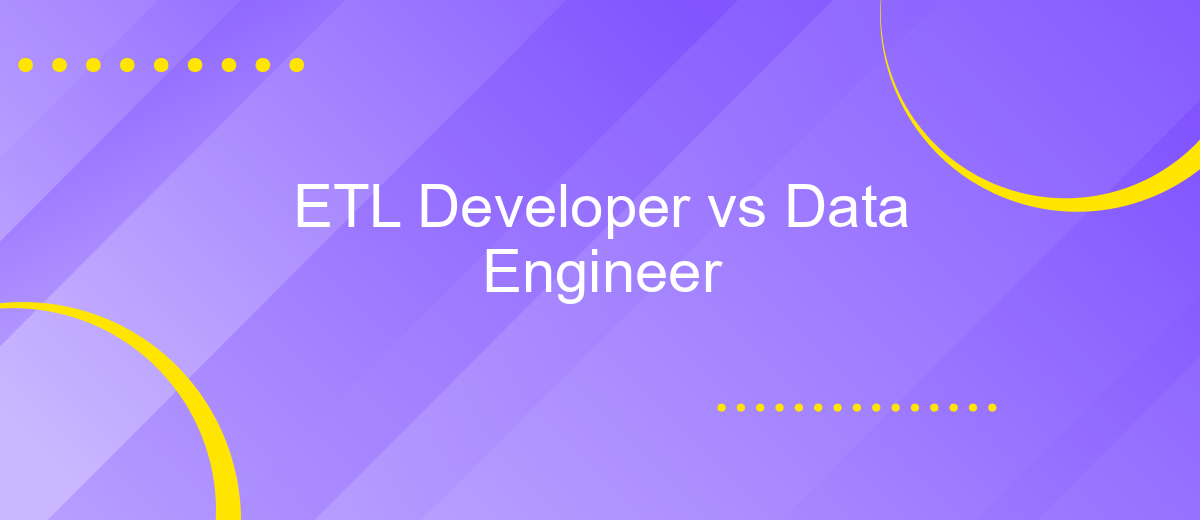ETL Developer vs Data Engineer
In the rapidly evolving landscape of data management, the roles of ETL Developers and Data Engineers are often misunderstood or conflated. While both positions are crucial for effective data processing and analysis, they serve distinct functions within an organization. This article aims to clarify the differences between ETL Developers and Data Engineers, shedding light on their unique responsibilities and skill sets.
ETL Developer vs Data Engineer
ETL Developers and Data Engineers both play crucial roles in data management, but their responsibilities and skill sets differ. ETL Developers focus on Extract, Transform, Load processes, ensuring data is accurately moved from sources to destinations. They specialize in creating data pipelines and workflows to streamline data integration.
- ETL Developers: Design and implement ETL processes, work with data warehousing solutions, and ensure data quality.
- Data Engineers: Build and maintain data architectures, develop data processing systems, and optimize data flow and collection.
Data Engineers have a broader scope, including the development of scalable data systems and infrastructure. They often work on integrating various data sources using services like ApiX-Drive, which simplifies the process of connecting different applications and automating workflows. While ETL Developers focus on specific data transformation tasks, Data Engineers ensure the entire data ecosystem is efficient and robust.
Definition

An ETL Developer is a specialist focused on the process of Extracting, Transforming, and Loading data from various sources into a centralized data warehouse. They design, implement, and manage ETL pipelines, ensuring data is accurately transferred and transformed to meet business needs. ETL Developers often work with tools and technologies specific to data integration and transformation, such as SQL, Python, and ETL tools like Apache Nifi or Talend.
On the other hand, a Data Engineer is responsible for the broader aspect of data architecture, including the development, construction, maintenance, and optimization of large-scale processing systems and databases. They ensure data is accessible and usable for analysis by building robust and scalable data pipelines. Data Engineers often work with a variety of technologies, including cloud services, big data frameworks like Hadoop and Spark, and data integration platforms. Services like ApiX-Drive can be instrumental for Data Engineers in automating and streamlining data integration processes, facilitating seamless data flow between disparate systems.
Responsiblities

ETL Developers and Data Engineers play crucial roles in the data management ecosystem, but their responsibilities differ significantly. Understanding these differences can help in choosing the right professional for your project.
- ETL Developers focus on designing, developing, and maintaining ETL processes. They extract data from various sources, transform it into a suitable format, and load it into data warehouses.
- Data Engineers, on the other hand, are responsible for building and maintaining the infrastructure that supports large-scale data processing. They work on data pipelines, data integration, and ensuring data quality and reliability.
- Both roles require proficiency in SQL, Python, and data modeling. However, ETL Developers may also need expertise in specific ETL tools like Talend or Informatica, while Data Engineers often work with big data technologies like Hadoop and Spark.
- Integration services such as ApiX-Drive can be invaluable for both roles, streamlining the process of connecting various data sources and applications, thereby enhancing efficiency and accuracy.
In summary, while ETL Developers concentrate on the specifics of data extraction, transformation, and loading, Data Engineers are more focused on the broader infrastructure and pipeline management. Both roles are essential for a robust data strategy, and tools like ApiX-Drive can further optimize their workflows.
Skills

Both ETL Developers and Data Engineers play crucial roles in managing and transforming data, but their skill sets often overlap and diverge in key areas. ETL Developers primarily focus on the Extract, Transform, Load process, which involves extracting data from various sources, transforming it to fit operational needs, and loading it into a data warehouse. Data Engineers, on the other hand, are responsible for building and maintaining the infrastructure that supports large-scale data processing and analysis.
ETL Developers need to have strong skills in SQL, data modeling, and scripting languages like Python or Java. They also need to be familiar with ETL tools and platforms such as Apache NiFi, Talend, and Informatica. Data Engineers require a broader skill set that includes proficiency in big data technologies, cloud services, and data pipeline orchestration tools. They must be adept at working with distributed systems and managing data storage solutions.
- Strong SQL and data modeling skills
- Proficiency in scripting languages (Python, Java)
- Experience with ETL tools (Apache NiFi, Talend, Informatica)
- Knowledge of big data technologies (Hadoop, Spark)
- Familiarity with cloud services (AWS, Google Cloud, Azure)
- Data pipeline orchestration (Airflow, Luigi)
In addition to these skills, both roles benefit from understanding data integration services like ApiX-Drive, which can streamline the process of connecting various data sources and automating workflows. This service can be particularly useful for ETL Developers who need to set up integrations quickly and efficiently, ensuring that data flows seamlessly between systems.


Career Path
The career path for an ETL Developer often begins with a strong foundation in computer science or a related field. Typically, individuals start in entry-level roles such as Junior ETL Developer or Data Analyst, where they gain hands-on experience with data extraction, transformation, and loading processes. With time, they may advance to senior positions, taking on more complex projects and possibly leading teams. Tools like ApiX-Drive can be invaluable for ETL Developers, as they simplify the integration of various data sources, making the data pipeline more efficient and reliable.
On the other hand, a Data Engineer's career path usually starts with a similar educational background but often requires a deeper understanding of software engineering principles. Entry-level roles might include Junior Data Engineer or Database Administrator. As they gain experience, Data Engineers can progress to senior roles, focusing on designing and maintaining large-scale data architectures. Advanced knowledge in cloud services, big data technologies, and platforms like ApiX-Drive, which facilitate seamless data integrations, can significantly enhance a Data Engineer's skill set and career prospects.
FAQ
What is the primary difference between an ETL Developer and a Data Engineer?
What skills are essential for an ETL Developer?
Can a Data Engineer perform ETL tasks?
How do ETL Developers and Data Engineers collaborate in a project?
Are there any tools to help automate ETL processes and data integration?
Apix-Drive will help optimize business processes, save you from a lot of routine tasks and unnecessary costs for automation, attracting additional specialists. Try setting up a free test connection with ApiX-Drive and see for yourself. Now you have to think about where to invest the freed time and money!

